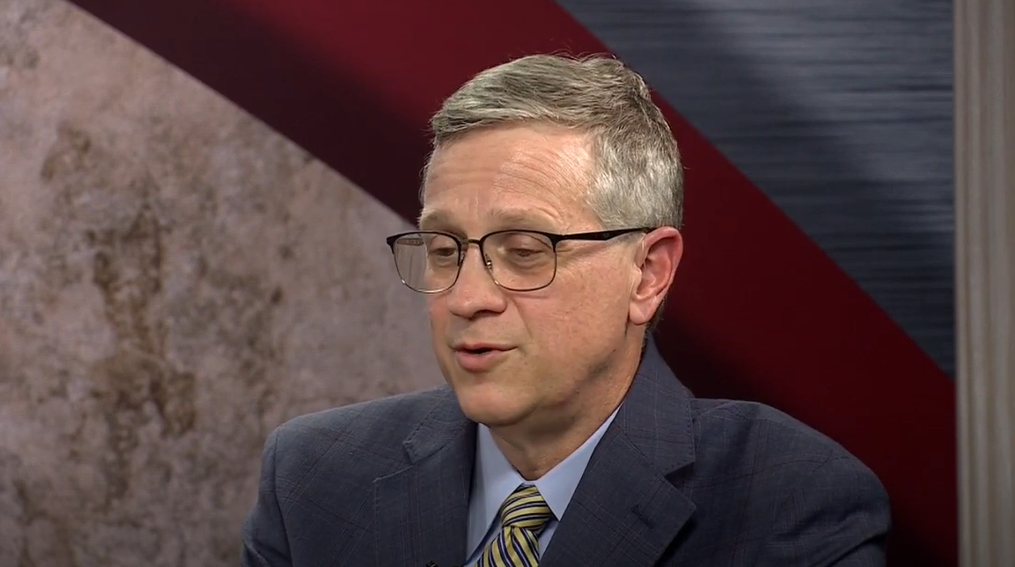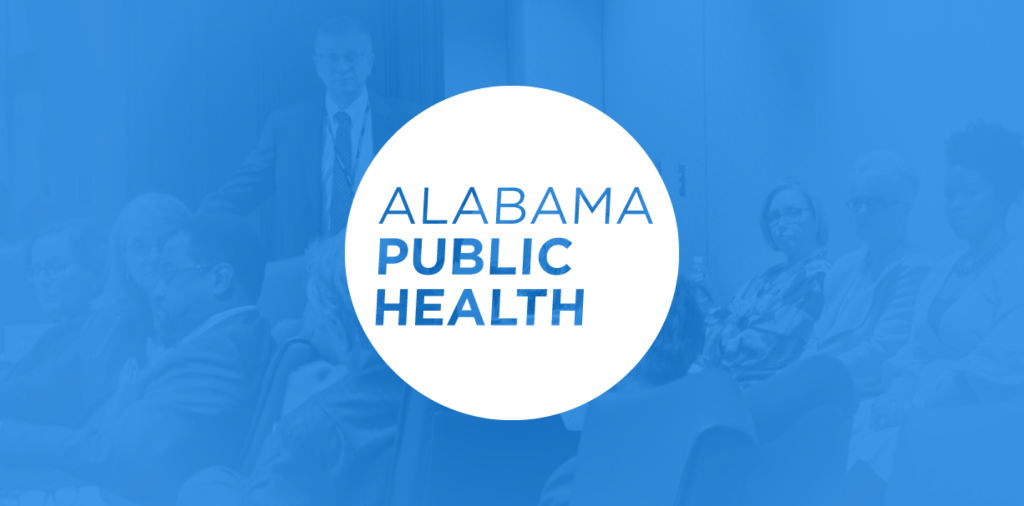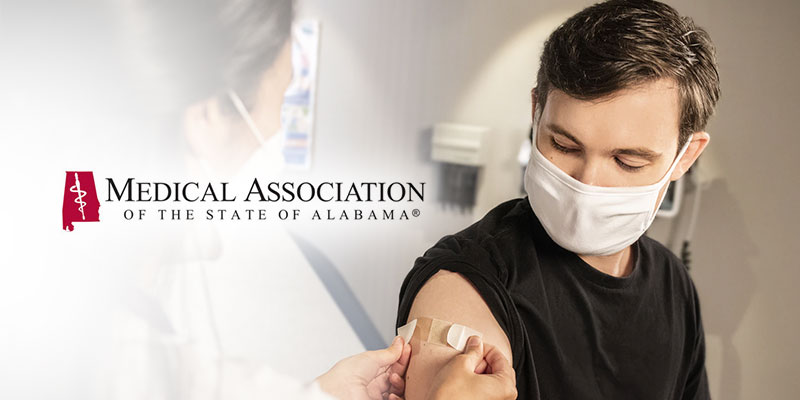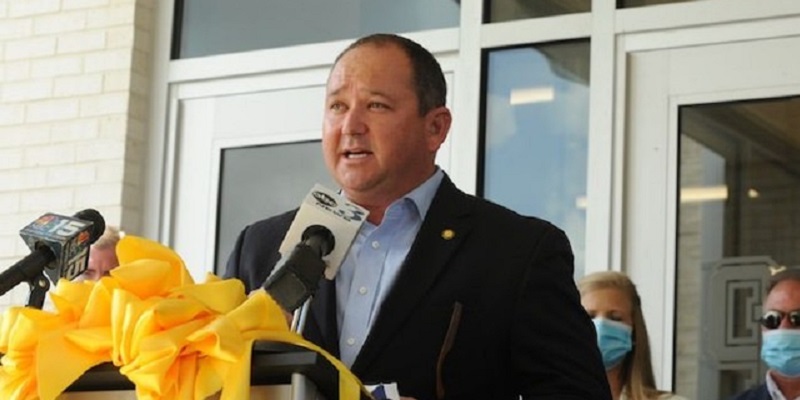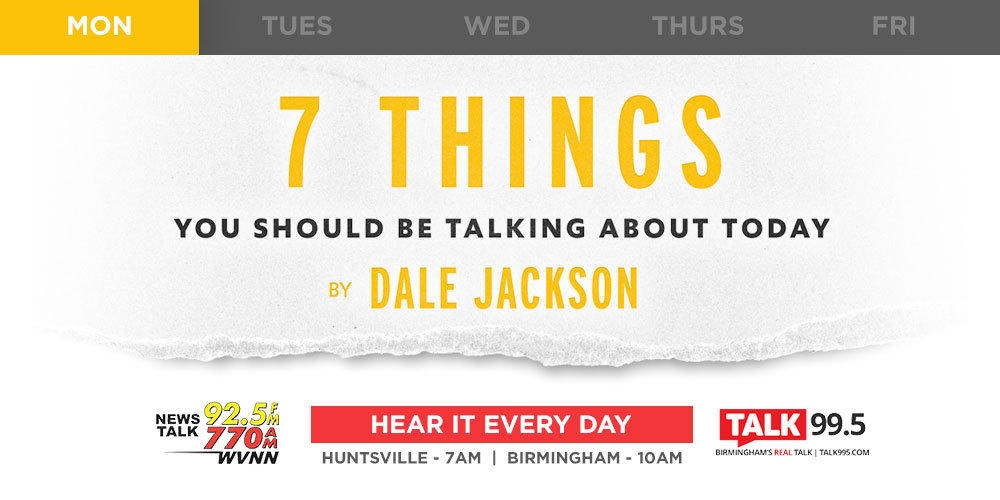Alabama State Health Officer Dr. Scott Harris expressed concern over the fact that many Alabamians are still skeptical about the COVID vaccine along with other vaccines.
Harris discussed the issue Friday on Alabama Public Television’s “Capitol Journal.”
“Yeah, it’s certainly is a concern,” Harris said. “There was a real loss of trust between the public and the people that they normally come to for advice about vaccines. We still hear some of that rhetoric going on now. The original COVID vaccines were fully FDA approved within about six or seven months when they were released back in the summer of 2021, which is the same process with every vaccine we’ve ever taken ever. And yet, people just failed to trust it. That’s still an issue.”
The state health officer believes much of the concern is unwarranted.
“Even now we’re approaching our third generation of these vaccines,” he said. “There’s more safety data available on the COVID vaccine than any vaccine that’s ever been developed ever, and it’s an appropriate vaccine in the right person to be taken, and yet people still mistrust it I think. And so that is unfortunate.”
Harris also thinks this is causing many people to forgo getting other needed vaccinations.
“We’ve seen parents who maybe vaccinated their older children without any concern after talking to their pediatrician who now have a lot of questions and wonder if they should vaccinate their young kids with anything,” he said. “Measles or tetanus or German measles or chicken pox, all of those vaccines. That’s starting to recover fortunately.”
He blamed much of the distrust on the fact that the disease was new and some of the guidance was changing throughout the pandemic.
“It was really clear that the messenger, in a lot of ways, was more important than the message,” he said. “It was such a divided time during the pandemic, and people were really not sure who to trust. There was a lot of conflicting information. Because we were living in real-time, watching science evolve with this disease, the guidance changed, and because people hear that, they mistrust, and they wonder, ‘Why? Were you lying to me last week because this week you’re telling me something that is different?’ And so, you know, those are things that you can expect. It made it really hard for people to know where to get good information.”
Harris said one of the issues they faced during the pandemic and continue to face today is the current state of news media in the country.
“And we also kind of have this sort of democratization of press, if you will, so everybody can pull the news from exactly the person they want to get it from, you can be inside your own bubble if you will, and reinforce what you already think,” he said. “And we had a hard time trying to figure out how to get through that. I would say we didn’t do it that well in a lot of ways.
“I think what we have learned is it is really important to work on building trust first. And then, if and when you have an episode like this, people are more inclined to listen to you.”
Yaffee is a contributing writer to Yellowhammer News and hosts “The Yaffee Program” weekdays 9-11 a.m. on WVNN. You can follow him on Twitter @Yaffee




